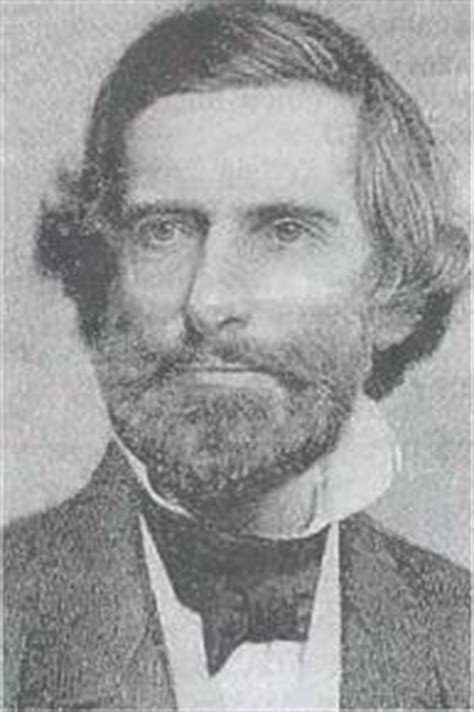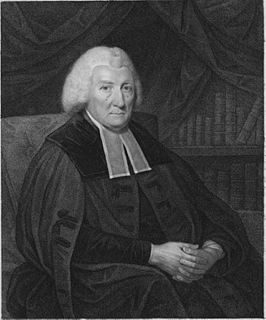A Quote by Estwick Evans
I wished to acquire the simplicity, native feelings, and virtues of savage life; to divest myself of the factitious habits, prejudices and imperfections of civilization; ... and to find, amidst the solitude and grandeur of the western wilds, more correct views of human nature and of the true interests of man. The season of snows was preferred, that I might experience the pleasure of suffering, and the novelty of danger.
Quote Topics
Related Quotes
Man isn't a noble savage, he's an ignoble savage. He is irrational, brutal, weak, silly, unable to be objective about anything where his own interests are involved-that about sums it up. I'm interested in the brutal and violent nature of man because it's a true picture of him. And any attempt to create social institutions on a false view of the nature of man is probably doomed to failure.
The Americans never use the word peasant, because they have no idea of the class which that term denotes; the ignorance of more remote ages, the simplicity of rural life, and the rusticity of the villager have not been preserved among them; and they are alike unacquainted with the virtues, the vices, the coarse habits, and the simple graces of an early stage of civilization.
It is always what I have already said: always the wish that you may find patience enough in yourself to endure, and simplicity enough to believe; that you may acquire more and more confidence in that which is difficult, and in your solitude among others. And for the rest, let life happen to you. Believe me: life is right, in any case.
Humanity is part of nature, a species that evolved among other species. The more closely we identify ourselves with the rest of life, the more quickly we will be able to discover the sources of human sensibility and acquire the knowledge on which an enduring ethic, a sense of preferred direction, can be built.
The vested interests-if we explain the situation by their influence-can only get the public to act as they wish by manipulating public opinion, by playing either upon the public's indifference, confusions, prejudices, pugnacities or fears. And the only way in which the power of the interests can be undermined and their maneuvers defeated is by bringing home to the public the danger of its indifference, the absurdity of its prejudices, or the hollowness of its fears; by showing that it is indifferent to danger where real danger exists; frightened by dangers which are nonexistent.
At the approach of danger two voices speak with equal force in the heart of man: one very reasonably tells the man to consider the nature of the danger and the means of avoiding it and the other, even more reasonable, says that it is too painful and harassing to think of the danger... better to turn aside from the painful subject till it has come, and to think of what is pleasant. In solitude a man generally yields to the first voice; in society to the second.
One man watches a river flow by. If he does not wish it to flow, to change ceaselessly in accord with its nature, he will suffer great pain. Another man understands that nature of the river is to change constantly, regardless of his likes and dislikes, and therefore he does not suffer. To know existence as this flow, empty of lasting pleasure, void of self, is to find that which is stable and free of suffering, to find true peace in the world.
In spite of all the refinements of civilization that conspired to make art--the dizzying perfection of the string quartet or the sprawling grandeur of Fragonard's canvases--beauty was savage. It was as dangerous and lawless as the earth had been eons before man had one single coherent thought in his head or wrote codes of conduct on tablets of clay. Beauty was a Savage Garden.
Japan today has become acquainted with the Western civilization of the rule of Might, but retains the characteristics of the Oriental civilization of the rule of Right. Now the question remains whether Japan will be the hawk of the Western civilization of the rule of Might, or the tower of strength of the Orient.
Isao had never felt that he might want to be a woman. He had never wished for anything else but to be a man, live in a manly way, die a manly death. To be thus a man was to give constant proof of one's manliness-to be more a man today than yesterday, more a man tomorrow than today. To be a man was to forge ever upward toward the peak of manhood, there to die amid the white snows of that peak.
The earliest instinct of the child, and the ripest experience of age, unite in affirming simplicity to be the truest and profoundest part for man. Likewise this simplicity is so universal and all-containing as a rule for human life, that the subtlest bad man, and the purest good man, as well as the profoundest wise man, do all alike present it on that side which they socially turn to the inquisitive and unscrupulous world.































